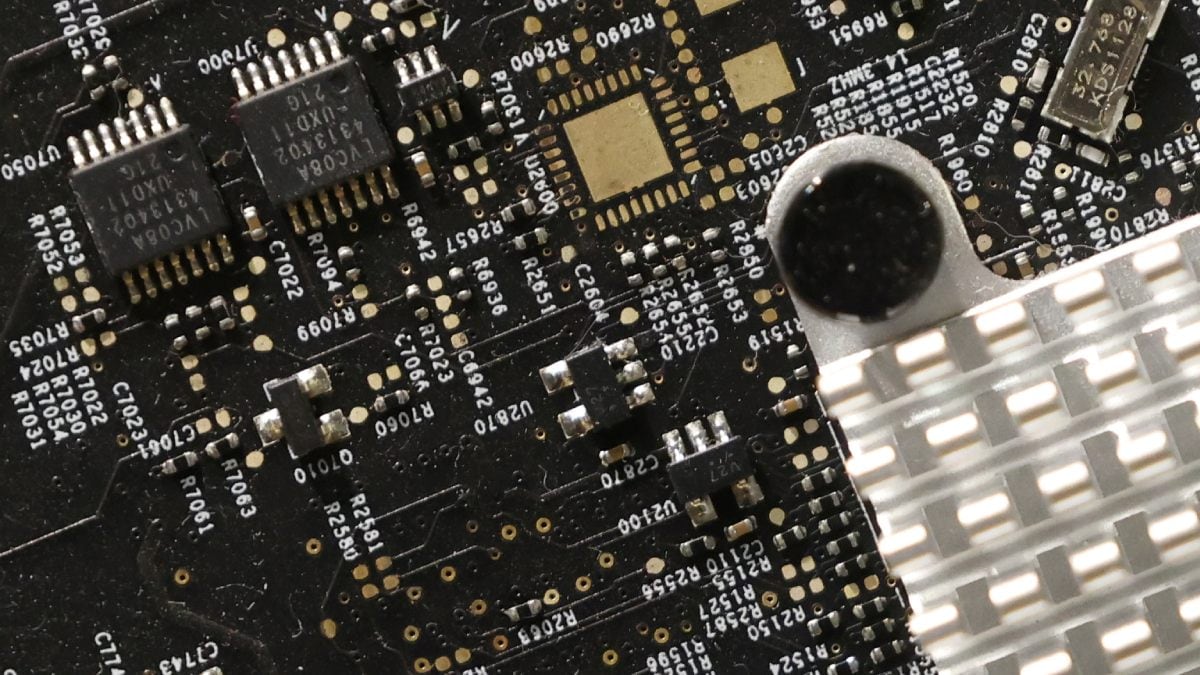The Rising Demand for Semiconductors in India
The semiconductor industry is witnessing unprecedented growth globally, and India is strategically positioning itself to capitalize on this demand. With the increasing reliance on technology and electronics across various sectors, the Indian government has initiated several measures to promote semiconductor manufacturing and research within the country.
Recent Developments in India’s Semiconductor Sector
Recently, India signed a significant agreement with Singapore to enhance its semiconductor capabilities. Notably, NXP Semiconductors, a prominent Netherlands-based company, has announced plans to invest over $1 billion (approximately ₹8,400 crores) to double its research and development (R&D) efforts in India. Kurt Sievers, CEO of NXP Semiconductors, emphasized the company’s commitment, stating, “Our R&D efforts in the country will be doubled in the next few years. This will involve an investment of over a billion dollars.” With a strong focus on the automotive sector and various industries, NXP is engaged in ongoing discussions to strengthen its presence in India.
Growth of the Semiconductor Market
India’s semiconductor market is anticipated to reach around $63 billion by 2026, driven by a burgeoning demand for electronics and digital solutions. At a recent Semicon conference, Prime Minister Narendra Modi highlighted that India accounts for approximately 20% of global chip design talent, and this workforce is continuously evolving. In a bid to further bolster this sector, the Indian government has approved the establishment of three semiconductor manufacturing plants, representing an investment of nearly $15 billion. These initiatives are crucial steps towards making India a global semiconductor powerhouse.
Collaborations and Future Prospects
In a major development last week, the Adani Group, one of India’s largest conglomerates, collaborated with Israel’s Tower Semiconductor to establish a semiconductor manufacturing facility in Maharashtra. This project represents an investment of about $10 billion and signifies Adani Group’s expansion into the semiconductor segment, leveraging its existing expertise in sectors such as ports and transmission. The initial capacity of the planned semiconductor plant in Maharashtra is expected to be 40,000 wafers, marking a significant milestone in India’s manufacturing capabilities.
Global Landscape and Strategic Positioning
The global semiconductor landscape is undergoing a significant transformation, particularly due to ongoing trade tensions between the United States and China. Emerging economies like India, Singapore, and Malaysia stand to gain from these shifts as companies seek to diversify their manufacturing bases. The Indian government’s proactive approach in encouraging international companies to set up operations in the country is expected to yield considerable benefits in the coming years.
Table: Key Investments in India’s Semiconductor Sector
| Company/Group | Investment Amount (in billion $) | Focus Area |
|---|---|---|
| NXP Semiconductors | 1 | Research and Development |
| Adani Group & Tower Semiconductor | 10 | Manufacturing Facility |
| Indian Government | 15 | Manufacturing Plants |
Conclusion
As India takes decisive steps to expand its semiconductor industry, the focus on research, development, and international collaborations is set to elevate its position in the global market. The commitment by major players such as NXP Semiconductors and the Adani Group signifies confidence in India’s potential as a future leader in semiconductor manufacturing and technology.












